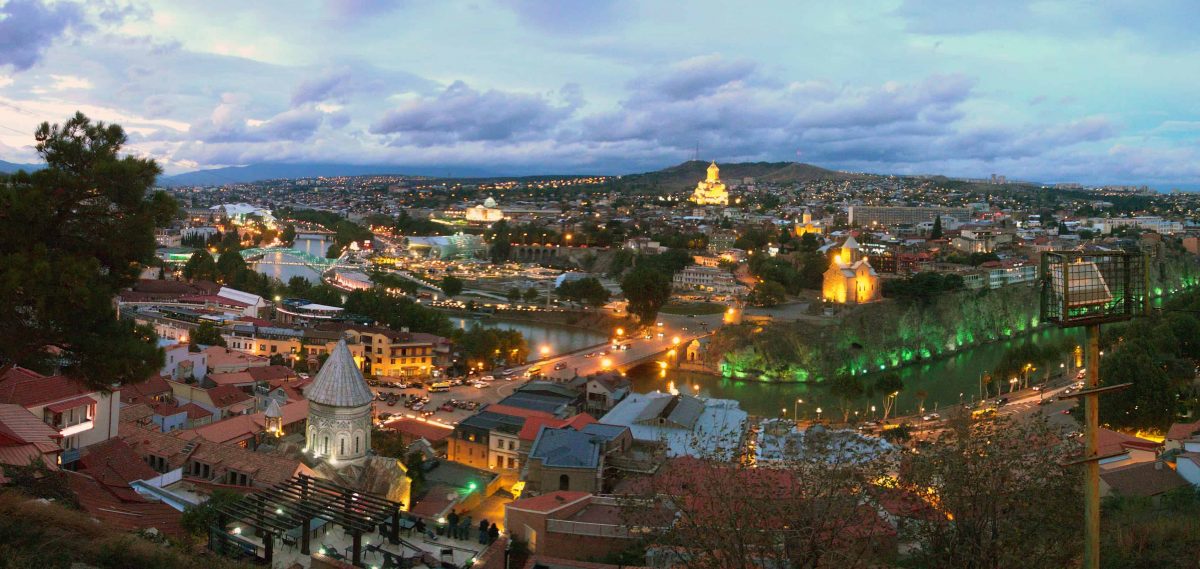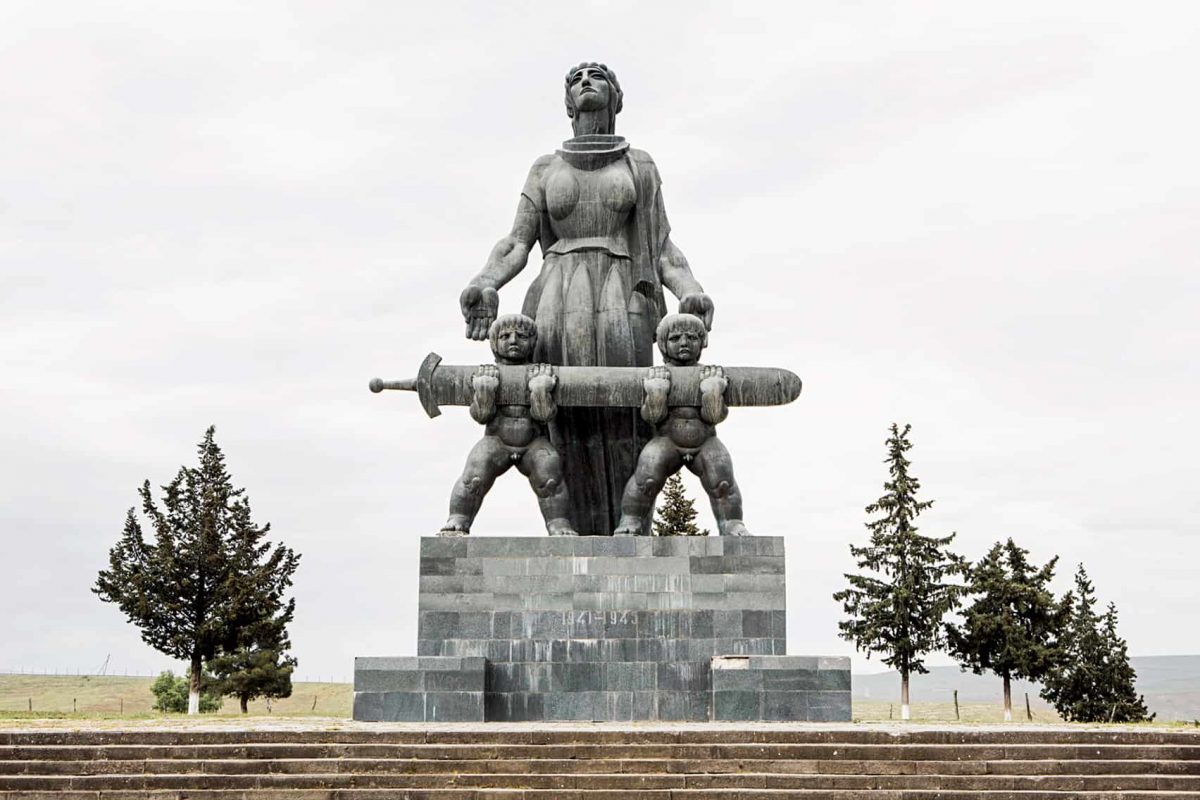Introduction
Georgia is an autonomous nation strategically positioned in the Caucasus region, which serves as a bridge between the western portion of Asia and eastern part of Europe. It is neighbored by the Black Sea on the west, Russia to the north, Turkey and Armenia to the south, and Azerbaijan on the southeast. Tbilisi is the nation’s administrative and cultural hub. The country encompasses an area of approximately 69,700 square kilometers and houses a population nearing the 4.7 million mark.
Geographical Information
Geographical Coordinates
| Longitude and Latitude |
|---|
| 42.3154° N, 43.3569° E |
Climate
Georgia experiences a range of climatic conditions owing to its intricate geographical landscape. The areas near the coast typically have a humid subtropical climate, while the interior regions exhibit a mix of continental to alpine climates, especially in the mountainous terrains.

Demographics
Population
As per the most recent statistical data, the population of Georgia is approximately 4.7 million individuals.
Gross Domestic Product (GDP)
According to current economic evaluations, Georgia’s GDP is estimated to be around $15.54 billion USD.
Language and Culture
Official Language
| Official Language |
|---|
| Georgian |
Currency
| Currency |
|---|
| Georgian Lari (GEL) |
Religion
The predominant religion in the country is Eastern Orthodox Christianity.
Geographic Location
| Continent |
|---|
| Eurasia |
Governance and Political Structure
Political Framework
Georgia adheres to a representative democratic republic system of governance. Here, the President assumes the role of the head of state, while the Prime Minister acts as the head of government.
Historical Overview
Ancient Civilizations
Georgia’s historical roots can be traced back to antiquity. The region was among the first to cultivate vineyards, emphasizing its significant role in the world’s wine culture. It was also strategically placed along crucial trade routes that connected Asia and Europe.
Soviet Union Era
Georgia was part of the Soviet Union throughout a considerable period of the 20th century. It regained its independence subsequent to the Soviet Union’s disintegration in 1991.

Modern Times
In contemporary years, Georgia has been keen on implementing economic and political reforms. The nation has been strengthening its relationships with Western countries, notably the European Union and the United States.
Economy and Key Industries
Economic Sectors
Georgia’s economy is multifaceted, with contributions from agriculture, manufacturing, and the services sector. It holds a notable position in the global wine industry, being one of the oldest wine-producing regions. Moreover, the country possesses significant manganese reserves, a crucial component in steel manufacturing.
Education and Literacy
Educational System
Georgia’s educational infrastructure comprises a mix of public and private institutions, offering education from primary levels to higher education. The country has an impressive literacy rate, with almost 100% of adults being literate.
Tourism and Natural Wonders
Tourist Attractions
Georgia is a tourist magnet, offering everything from scenic mountainous regions to historic cities enriched with ancient architecture. The local cuisine is another highlight, featuring dishes like khachapuri and khinkali.
Healthcare
Healthcare Infrastructure
Georgia’s healthcare system has seen multiple reforms aimed at improving its quality and reach. Investments in healthcare facilities and workforce training have been key initiatives by the government to enhance healthcare services.
Conclusion
In summary, Georgia is a nation endowed with a rich blend of history, diverse geography, and an evolving cultural landscape. Positioned at the crossroads of Western Asia and Eastern Europe, the country offers a compelling mix of the old and the new. With ongoing economic and political reforms, Georgia continues to grow and diversify, making it a captivating destination for both its inhabitants and global visitors.




